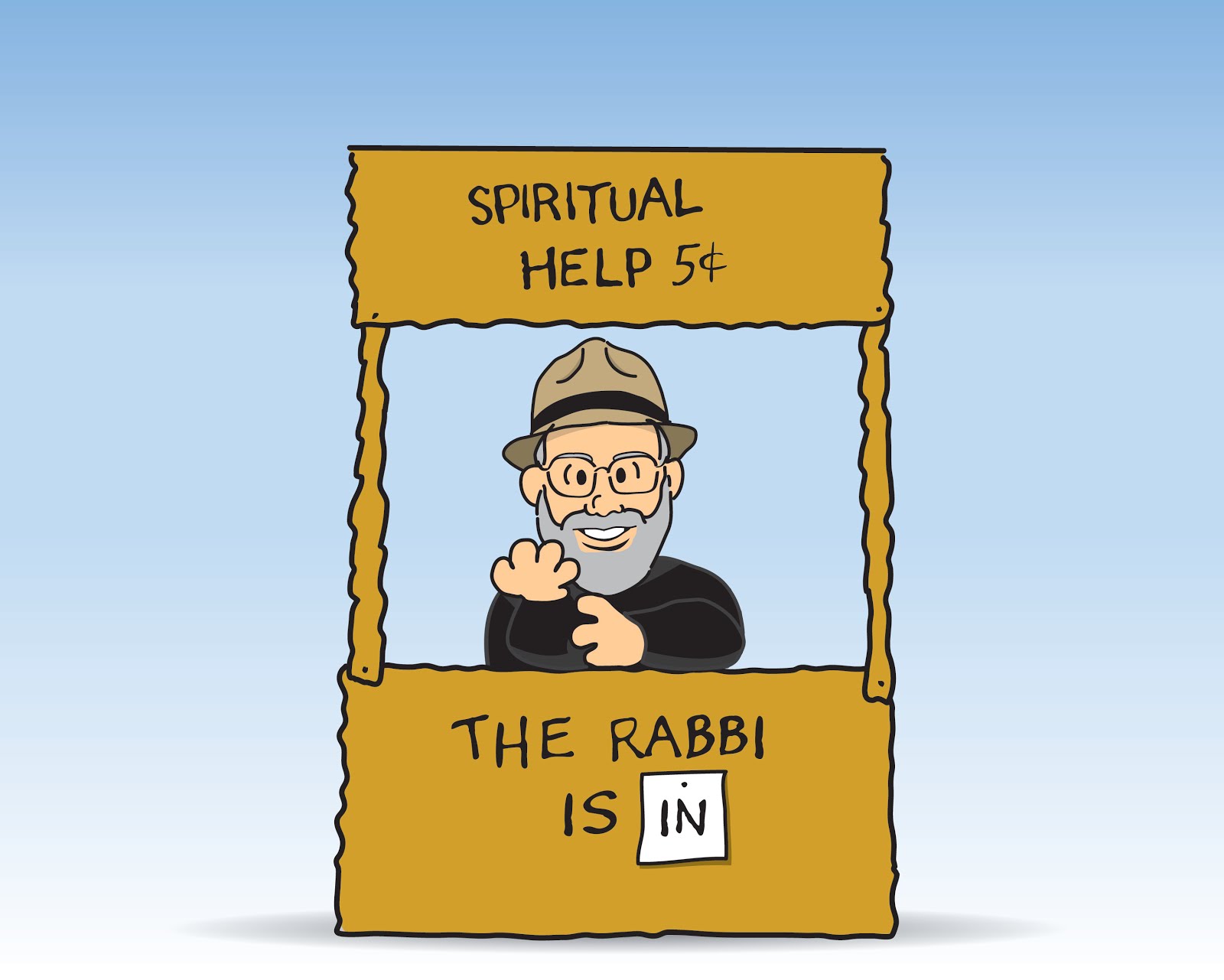[As the Chief Rabbi of Murfreesboro, TN, I was asked by The Murfreesboro Post to write a short essay on Chanukah to help readers understand the holiday and the people who celebrate it. This is what I wrote:]
While it is common for countries and states to have their official birds and flowers, we Jews have our official attitude: chutzpah. Chutzpah is a Yiddish word meaning “extreme self confidence.” Whether it is the chutzpah of Abraham arguing with God to spare Sodom, or the chutzpah of Job demanding that God appear before him to explain Himself, or the chutzpah of Jesus taking on the powers of Temple and Empire in the name of the Kingdom of Heaven, chutzpah is a powerful force shaping the mindset of the Jewish people and our religion. Chanukah is a celebration of chutzpah.
In 167 BCE the Seleucid King Antiochus IV outlawed the practice of Judaism. Mattathias, a Jewish priest from the town of Modi’in called for armed resistance, and his son Judah (called HaMaccabee, The Hammer, after his military prowess) led a bloody guerilla war against the Greco-Syrians.
After two years of fighting, Antiochus allowed the Jews to keep kosher and follow the laws of Torah, but did not free either the Temple in Jerusalem or the city itself. Many of Judah’s fighters claimed victory and went home, but Judah and his reduced forces continued to fight until he had reclaimed both the city and its Temple.
The fact that a small band of Jewish guerillas took on the might of the Greco-Syrian empire may seem chutpadik (chutzpah-like) enough, but there is more. To rededicate the Temple to God the Maccabee’s needed eight day’s worth of oil to burn in the menorah (candelabrum). They found only one day’s supply remaining. Logic would dictate that the victorious fighters wait a week until enough fresh oil could be prepared before lighting the menorah, but logic has nothing to do with chutzpah. Rather than wait they used what they had and dedicated the Temple anyway. Yet the single day’s oil lasted not only the expected one day, but the entire eight days.
It is important to note that Chanukah (dedication) doesn’t celebrate the chutzpah of war, but the chutzpah of faith; trusting in a power greater than ourselves, and acting for God even when failure seems inevitable. And it is equally important to remember that chutzpah doesn’t end with Chanukah. After all what is more chutzpahdik than a small band of Jews following their rabbi from Nazareth to take confront the oppression of Rome in Name of God?
Tuesday, December 04, 2007
Subscribe to:
Post Comments (Atom)


No comments:
Post a Comment